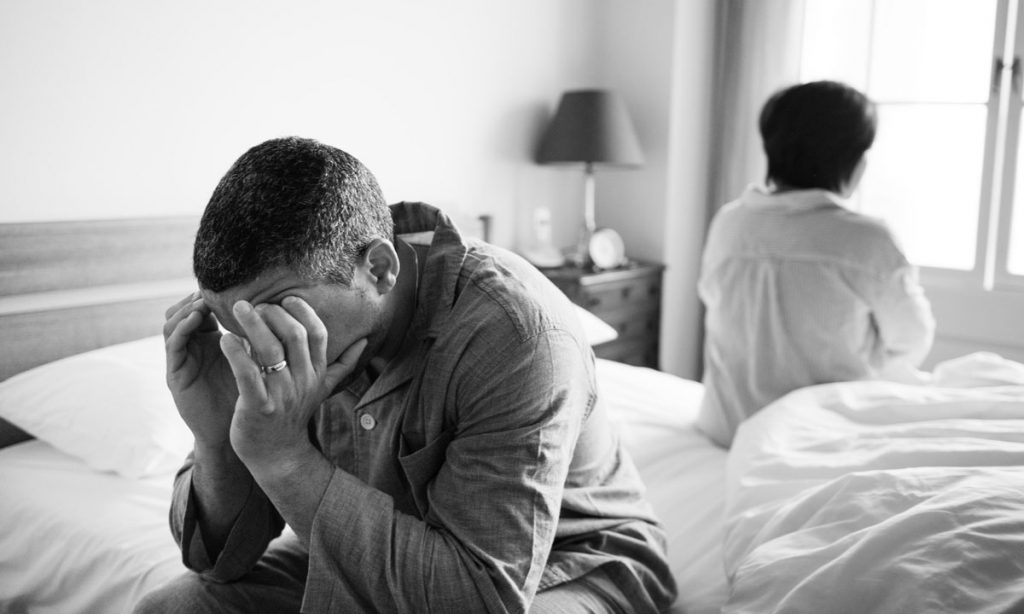Practicing a healthy flow of emotions and thoughts while being aware that pain and suffering are a part of life enhances gratitude in everyday moments.
Turn on any television or Facebook feed and the emotional assault starts. With so many injustices, political divides, a worldwide health crisis getting ever-nearer, finding a non-toxic positivity seems out of reach.
The Psychology Group, based in Fort Lauderdale, Florida, believes there’s a place for positivity every day of our lives — if it’s not toxic or judgmental in nature. Suppressing emotions, allowing shame to take hold or masking true feelings are all indicators of toxic positivity. They explained:
“Being a healthy human being involves being conscious of ourselves and how we show up in the world. Instead of practicing toxic positivity, aim for balance and the acceptance of both good and bad emotions rather than all-or-nothing thinking.”
Joseph Burgo Ph.D. writes on shame for Psychology Today. He believes grief and gratitude, “are the hallmarks of mental health” and often coexist in the same space in people of all ages. He often asks clients, “Can you grieve for the damage that you’ll never completely transcend but at the same time feel grateful for the actual good in your life?” That’s the ticket to recognizing how loss can be overcome, he says.
But do gratitude and grief go hand-in-hand? Researchers think so, including a 2011 study featured in the Journal of Positive Psychology, which found that participants who reflected on death showed enhanced gratitude compared to individuals in a control group. Researchers believe this supports the theory that practicing a healthy flow of emotions and thoughts while being aware that pain and suffering are a part of life enhances gratitude in everyday moments.

Learning from our community
Robyn Kaiser, a Housing Management Consultant in Florida, sought healing after grief through finding gratitude, saying, “Turning my grief into helping others helps me to escape the reality of my situation while also still being able to handle the gravity of it all.” She recently spoke with The Fresh Toast about one very personal and painful experience in her past.
RELATED: Can Taking CBD Make It Easier To Digest Political News?
While undergoing chemotherapy, Kaiser met a little boy named Leroy who shared with her how she could check out music devices during treatment. Kaiser and the Leroy kept each other company through the lens of sharing music during their treatments. One day, when Leroy didn’t show up, Kaiser found out that he had passed on the night before.
By channeling her pain and grief into action, Kaiser learned Musicians On Call was behind the availability of the music devices available, so she worked to volunteer with the organization to serve others in remembrance of the little boy. She explained that enriching the lives of others gave her deep purpose. “While it may seem that I’m being selfless, I feel I’m being selfish — because doing things that better myself make me feel stronger and better-equipped to help other people.”

Kaiser isn’t alone in her thinking.
Mark Hendricks started GrieveWell after losing his son, Brady. He found that by channeling gratitude it elevated his mindset, without erasing the loss of someone he loved most. Hendricks writes in GrieveWell, “I have found that by summoning an image of that tilted gratitude-versus-expectations scale, I can sometimes work up the feeling that I am at least a little bit more grateful to have had Brady for the time he was with me than I am disappointed in my expectation that he would outlive me.”
RELATED: Why Losing A Dog Can Be Harder Than Losing A Loved One
So how can each individual practice gratitude in uncertain times (or on a never-ending negative Facebook feed?)
1.) Practicing good boundaries: Step away when it becomes too much and give your brain and heart a rest.
2.) When in moments of grief, know that joy and love will come again and one of the healthiest ways to work through feelings is to speak with a professional.
3.) Practice a lifestyle of mindfulness, focused on having true gratitude for people, experiences, and items in your life.
After all, our journey here is temporary. Finding a way to recognize there is good with bad is one of the best ways we can evolve our thinking and leave toxic positivity behind.


